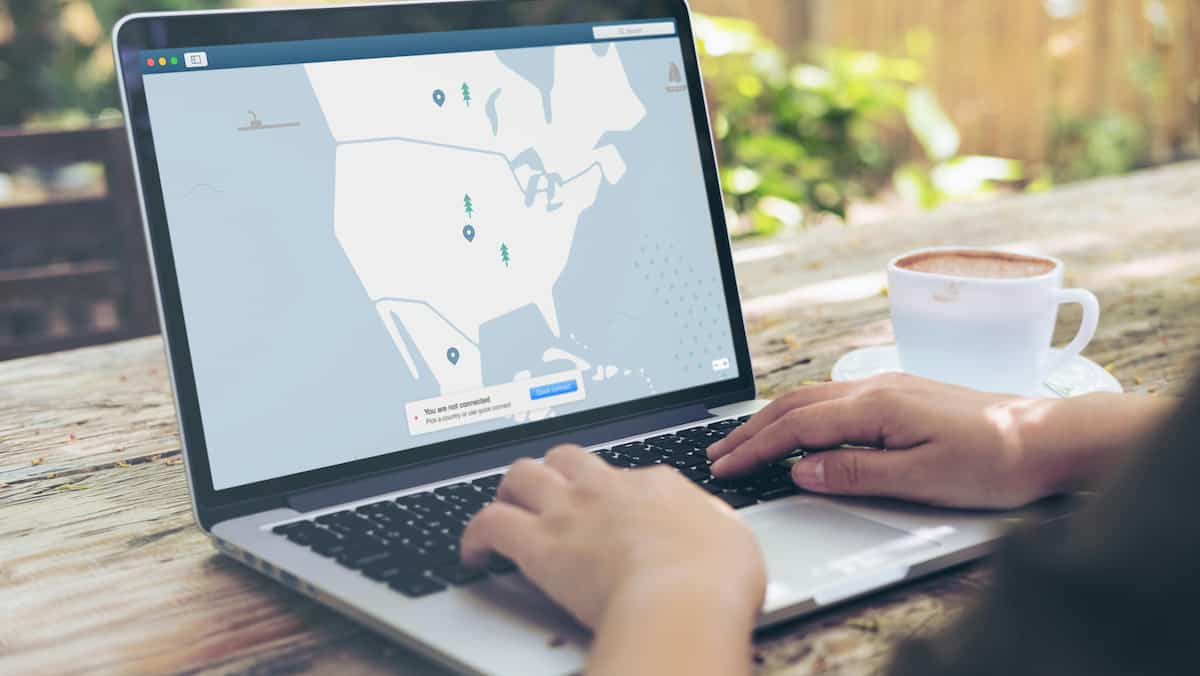
Researchers have developed an attack on almost all VPN applications, forcing them to send and receive some or all of their traffic outside the encrypted tunnel designed to protect it from hacking or spoofing.
This type of attack, called TunnelVision, by researchers Lizzie Moratti and Danny Krones of Leviathan Security, largely negates the main selling point of VPNs (Virtual private networks), which are encrypted and secure communications for subscribers to this widespread type of service, which I am a part of in order to feel peace of mind in my banking and financial communications, in Internet cafes, as well as on my computer, my tablet and not on my smartphone.
Simply put, VPNs involve encapsulating incoming and outgoing Internet traffic in an encrypted tunnel and masking the user's IP address, end-to-end.
Communications with hostile networks
Researchers believe that this issue affects all VPN applications when connected to a hostile network and there is no way to prevent such attacks except when the user's VPN is running on Linux or Android.
Researchers also believe that such a process could have occurred in the past, as early as 2002, due to the development of VPN encryption technologies.
VPN traffic modification technology
What is TunnelVision? Essentially, the victim's traffic is hashed and routed directly by the attacker or hackers who can read or modify the traffic which becomes open as long as the victim maintains their VPN connection to the internet.
This technique involves running a DHCP server (where the IP addresses of your computers and smartphones are configured to pass through the Internet) on the same network as the target VPN user and setting up the DHCP configuration to use itself as a gateway.
All you have to do is create a duplicate of the DHCP server that tricks the client's VPN connection by bypassing the default routing rules. So the VPN app will indicate that all data is being sent over the protected connection.
For those interested in studying Leviathan Security is available herewhich will definitely be checked by VPN service providers.





